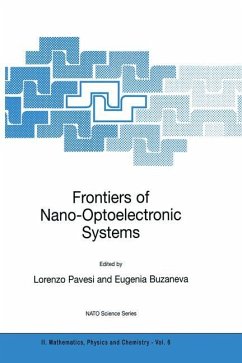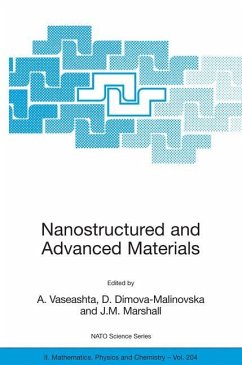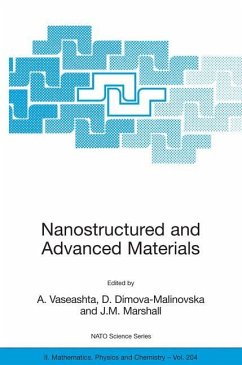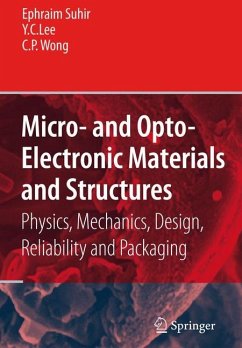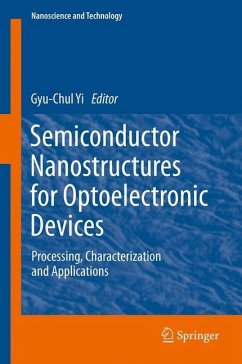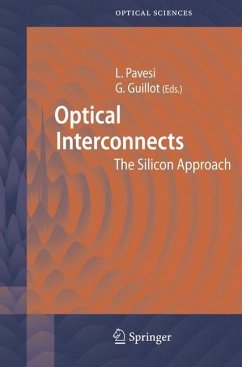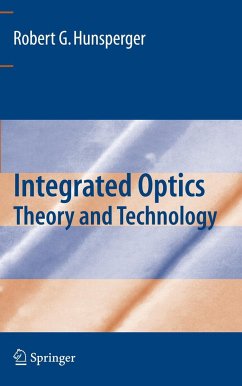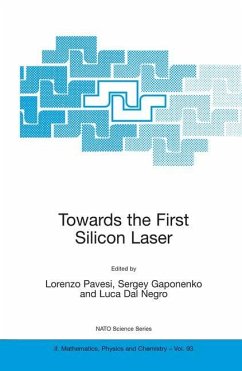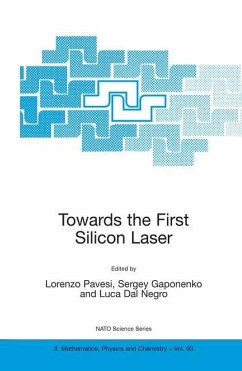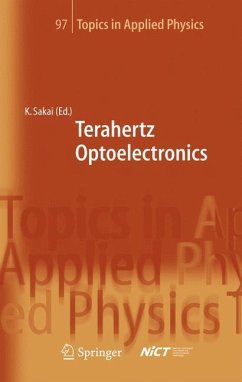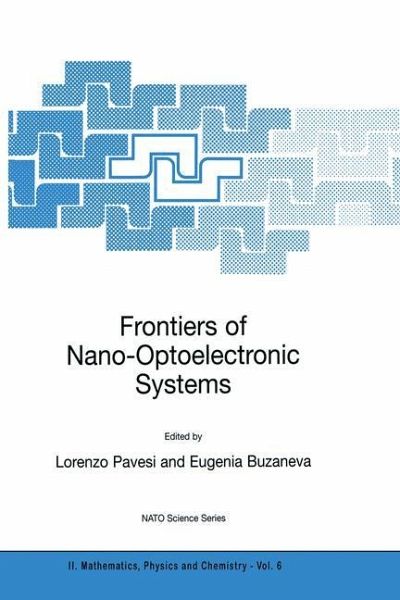
Frontiers of Nano-Optoelectronic Systems

PAYBACK Punkte
39 °P sammeln!
Since their discovery, low dimensional materials have never stopped to intrigue scientists, whether they are physicists, chemists, or biochemists. Investigations of their nature and functions have always been and still are numerous and as soon as a solution is found for a given question, another one is raised. The coupling of nano-materials with photonics, i. e. nano-photonics, has produced a boiling pot of idea, problems, discovery and applications. This statement is abundantly illustrated in the present book. The interest in nano-optoelectronic materials and systems is very widespread, what ...
Since their discovery, low dimensional materials have never stopped to intrigue scientists, whether they are physicists, chemists, or biochemists. Investigations of their nature and functions have always been and still are numerous and as soon as a solution is found for a given question, another one is raised. The coupling of nano-materials with photonics, i. e. nano-photonics, has produced a boiling pot of idea, problems, discovery and applications. This statement is abundantly illustrated in the present book. The interest in nano-optoelectronic materials and systems is very widespread, what gives a really international and multicultural flavour to nano-optoelectronic meetings. One of them was organized by our-self in May 2000 in Kiev as a NATO Advanced Research Workshop and EC-Spring School. The arrival of the new millennium provides an obvious transition point at which many aspects of nano-science and nano-engineering of nano photonic systems can be assessed with respect to the research progresses made in the pre ceding decades and to the challenges that lie ahead in the coming decades. This book was planed to mark this with the objective of presenting a collection of papers from experts, which provide broad perspectives on the state-of-the-art in the various disciplines of nano science and nano-engineering and on the directions for future research.





